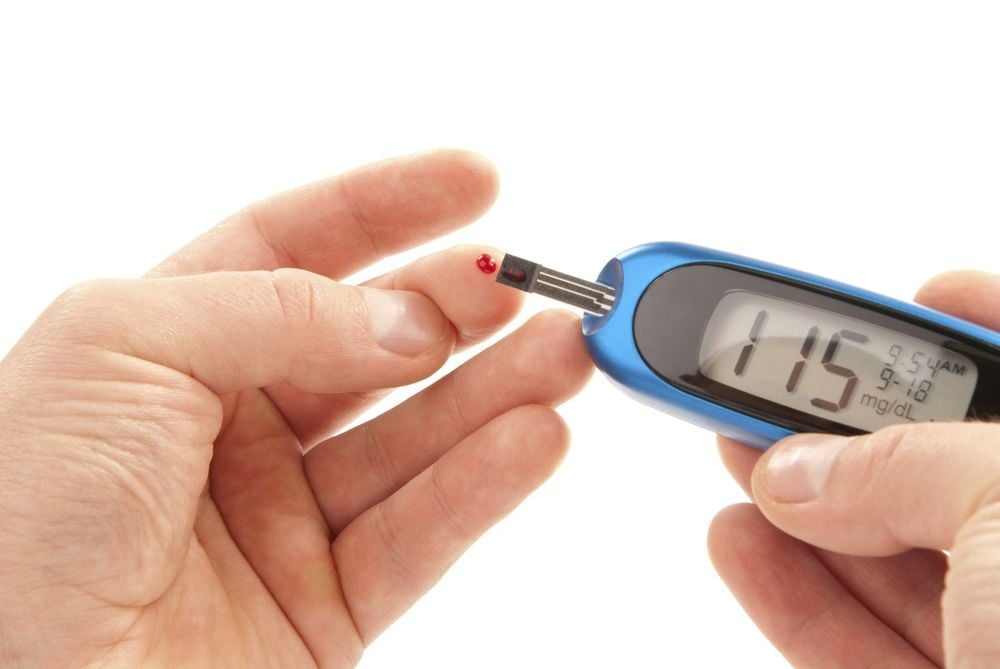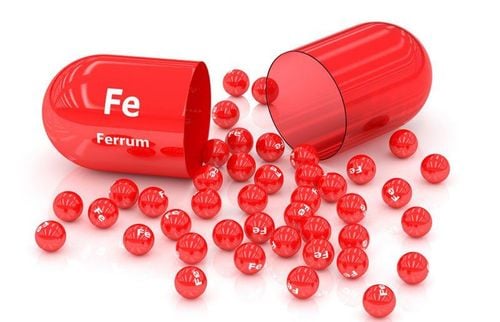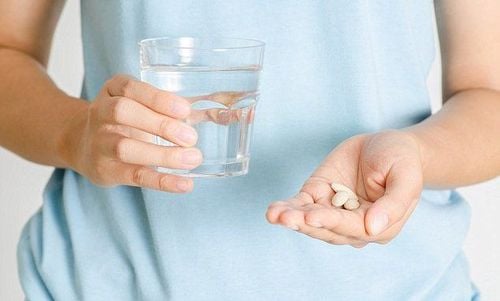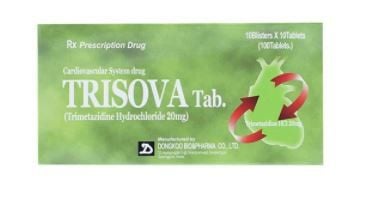This is an automatically translated article.
The article was professionally consulted by Specialist Doctor II, Senior Doctor Doan Du Dat - General Internal Medicine - Department of Medical Examination and Internal Medicine - Vinmec Ha Long International General HospitalVitamin E is an important component that helps maintain the normal functioning of organs in the body and is an antioxidant that helps slow down processes that cause cell damage.
1. What is Vitamin E?
Vitamin E is a fat-soluble vitamin found in many foods such as vegetable oils, cereals, meat, eggs, fruits, vegetables and barley germ oil. The human body can absorb vitamin E from food or through supplements.Vitamin E is used to treat vitamin E deficiency - which is rare but can happen in people with genetic disorders and in very low birth weight premature babies. Vitamin E is also used in a number of other cases.
2. What cases need vitamin E supplements?
Vitamin E is used in many cases such as:Vitamin E deficiency movement disorder: Hereditary movement disorder causes severe vitamin E deficiency, so vitamin E supplementation is required during the treatment. Vitamin E deficiency cases can be treated and prevented very simply by oral vitamin E supplements. Alzheimer's disease: Vitamin E may slow memory loss in patients with moderate disease. Besides, vitamin E also has the ability to slow down the overall progression of the disease, helping patients with mild and moderate disease prolong the time they can take care of themselves before they need to rely on medical help. care from others. However, vitamin E cannot completely stop the progression of the disease. Dementia: some studies suggest that taking vitamin E and vitamin C supplements together in men may reduce the risk of developing certain forms of dementia, but have no effect on reducing the risk for dementia. Alzheimer's dementia. Anemia: Some studies have shown that vitamin E supplementation increases the response to erythropoietin (a drug that stimulates red blood cell proliferation) in hemodialysis patients (both children and adults). Beta - thalassemia: Oral vitamin E supplementation appears to be beneficial in children with beta - thalassemia with vitamin E deficiency. Bladder cancer: 200 IU of vitamin E daily supplementation for more than 10 years seems to reduce risk chance of death. Protecting healthy tissue during chemotherapy: topical application of vitamin E in combination with dimethyl sulfoxide (DMSO) seems to be effective in preventing chemotherapy from seeping into surrounding tissue. Prevention of nerve damage during chemotherapy: Taking vitamin E (alpha-tocopherol) before and after cisplatin therapy may reduce the risk of nerve damage. Dysmenorrhea: taking vitamin E 2 days before bleeding, taking it for 5 days can reduce the severity and duration of pain, as well as reduce the amount of menstrual blood. Premenstrual syndrome: Taking vitamin E supplements seems to help reduce anxiety as well as negative emotions in some women with PMS. Increased fertility in men: Men with fertility problems taking vitamin E supplements increased the odds of conception, but taking high doses of vitamin E with vitamin C did not result in better results. Intracerebral hemorrhage, intraventricular hemorrhage: Oral vitamin E supplementation appears to be effective in treating intracerebral and intraventricular hemorrhage in premature infants. Retinopathy of prematurity: oral administration of vitamin E is effective in the treatment of retinopathy of preterm infants.

Vitamin E có thể được sử dụng trong nhiều trường hợp
3. Vitamin E supplement dose
Studies have shown the dosage of vitamin E as follows: vitamin E is relatively safe to use without any unwanted effects when used at a daily dose of 15 mg in adults.Limit vitamin E use by age:
From 1 to 3 years old: not more than 200 mg/day From 4 to 8 years old: not more than 300 mg/day From 9 to 13 years old: not more than 600 mg/day From 14 - 18 years old: not more than 800 mg/day 19 years old and up: not more than 1000 mg/day When using an overdose of vitamin E, you may experience:
Nausea, vomiting Diarrhea Abdominal pain Fatigue Headache Blurred vision rash Bruising and bleeding Some special cases should be noted:
Pregnant women: there are currently no adequate studies on the harms on the early stages of the fetus, so pregnant women should not take vitamin supplements E unless directed by a doctor. Diabetes: Vitamin E may increase the risk of heart failure in patients with diabetes, so high doses of vitamin E should be avoided in these patients. Myocardial infarction, stroke: Vitamin E may increase the risk of death in patients with a history of myocardial infarction or stroke, so high doses of vitamin E should be avoided in these patients. Vitamin K deficiency: Vitamin E may worsen the condition in patients with very low vitamin K levels. Bleeding: Vitamin E can increase the risk of bleeding, so it should be noted in patients at risk of bleeding such as blood clotting disorders, upcoming surgery, ...

Bệnh nhân đái tháo đường nên tránh dùng vitamin E liều cao
4. Drug interactions
When using vitamin E with other drugs, caution should be exercised in the following cases:When used with cyclosporine (neoral, sandimmune): Using high doses of vitamin E can increase the body's absorption of cyclosporine, thereby increase the effects as well as undesirable effects of cyclosporine. Drugs metabolized by the liver (cytochrome P450 3A4 cycle): Concomitant use of vitamin E with drugs metabolized by the liver may increase drug metabolism, thereby reducing the effectiveness of the drug. Some drugs metabolized by the liver may be affected: lovastatin, ketoconazole, itraconazole, fexofenadine, triazolam and many others. Antiplatelet drugs: Vitamin E slows blood clotting, so if used with drugs that have antiplatelet effects, there will be a risk of bleeding. These drugs are: aspirin, clopidogrel, diclofenac, ibuprofen, naproxen, dalteparin, enoxaparin, heparin, warfarin, ...
Please dial HOTLINE for more information or register for an appointment HERE. Download MyVinmec app to make appointments faster and to manage your bookings easily.
Article reference source: webmd.com












